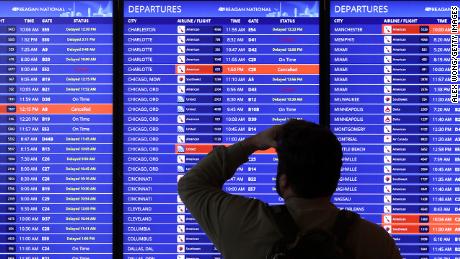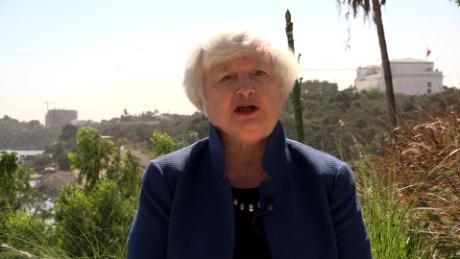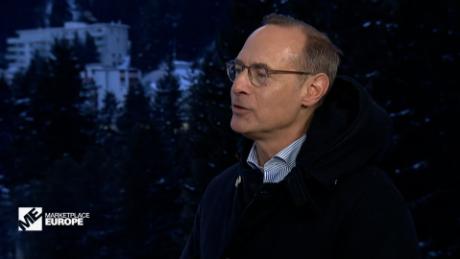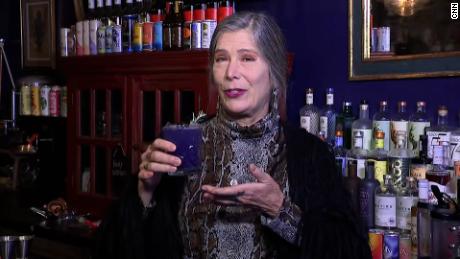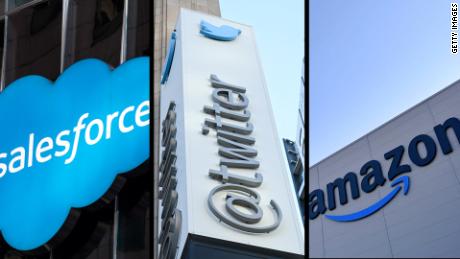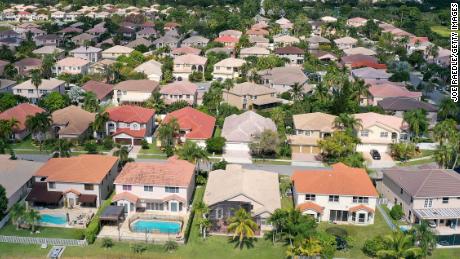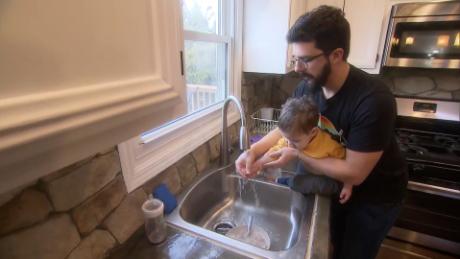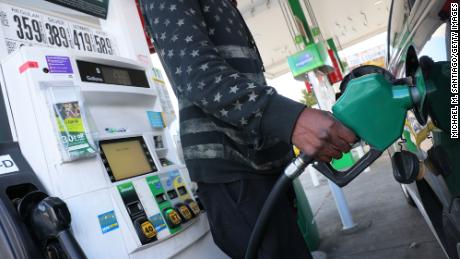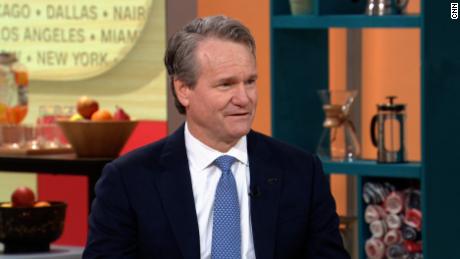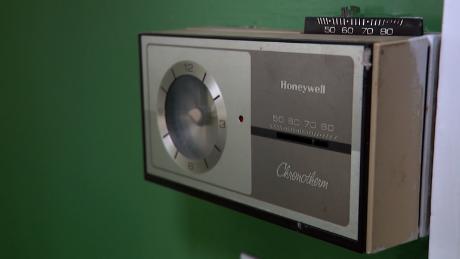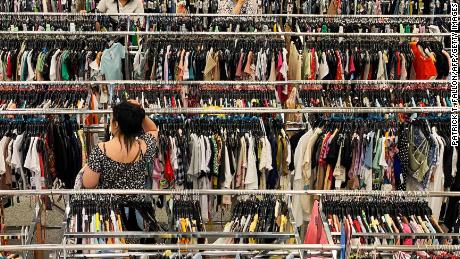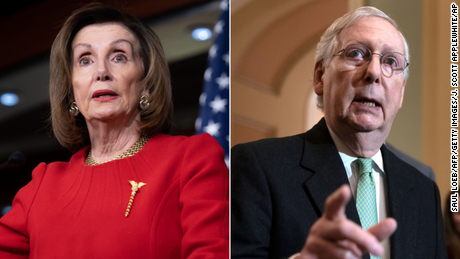Mark Wolfe is an energy economist and executive director of the National Energy Assistance Directors' Association (NEADA), which represents the state program directors of the Low Income Home Energy Assistance Program (LIHEAP). The opinions expressed in this commentary are his own.
While the stock market continues to hit new records and wealthy investors are seeing their assets increase in value, millions of families are falling further behind as they struggle to afford basic expenses like utility bills.
The Low Income Home Energy Assistance Program (LIHEAP) is the primary federal program designed to help financially strapped families pay their utility bills. Regrettably, current funding for LIHEAP is only enough to help about one out of six eligible households and cannot be stretched to help the newly unemployed with their growing bills unless additional funding is secured through Congress. The $900 million in supplemental funds that were provided for LIHEAP by the Coronavirus Aid, Relief, and Economic Security (CARES) Act last spring are now fully deployed and distributed to local agencies to help struggling families. And those funds will only be able to reach a fraction of the households that need support.
Now my organization, which represents the program directors across the nation who run the LIHEAP program, projects that 33 million families will be eligible for LIHEAP this year. That's 5 million more than last year, as a direct result of virus-related layoffs. Many of these families are also behind on their rent, mortgage and other bills. We not only have to help families pay back their rent, we also need to help them pay off their utility bills.
Our research indicates that electric and natural gas arrears are expected to reach $32 billion by the end of 2020 and 15% to 20% of residential customers are at least 60 days behind on their electric and natural gas bills. And average family utility debt is growing. For those who lost their jobs back in March, the average is about $1,500, and for those with older and energy-inefficient homes, it could be as high as $3,000. By the end of winter heating season, those numbers could grow to an average of $2,000, with the most inefficient homes seeing total debt of as high as $4,000 or more.
A patchwork of state moratoriums have allowed many families who have lost their jobs to keep the lights and heat on this winter. However, the moratoriums do not eliminate the bills, and the amount owed by people suffering economic hardship during this pandemic has continued to grow.
The moratoriums are also limited in scope. They do not cover municipal and cooperative electric and gas companies, nor do they protect families who use delivered fuels, such as heating oil and propane, because these companies are not regulated in the same way as electric and gas utilities.
LIHEAP needs an additional $10 billion from Congress to help families pay off their growing utility debt as well as current bills through June 2021, when both weather and pandemic conditions are expected to improve. It will also help these families pay their heating oil and propane bills this winter heating season.
The $10 billion in additional LIHEAP funding would be the best way to provide targeted assistance to vulnerable Americans. Consider the alternative: Utilities could offer repayment plans, but far too often families are only given months to repay their utility debt, resulting in monthly debt that is even more unaffordable. In the meantime, it would slow that family's ability to recover. Providing increased funding for LIHEAP to help families struggling with utility debt will keep rates down for all ratepayers.
We shouldn't leave low-income households facing a massive bill that they almost certainly will not be able to afford when the moratorium ends.
Adequately funding LIHEAP would ultimately be cheap compared to the drag on the nation's economy that rising utility debt and prices would cause.
With so many highly complex problems facing lawmakers to reduce the economic pain of the pandemic, Congress doesn't need to reinvent the wheel to fix the problem of unpaid utility bills. LIHEAP works and the program needs to be fully funded.



